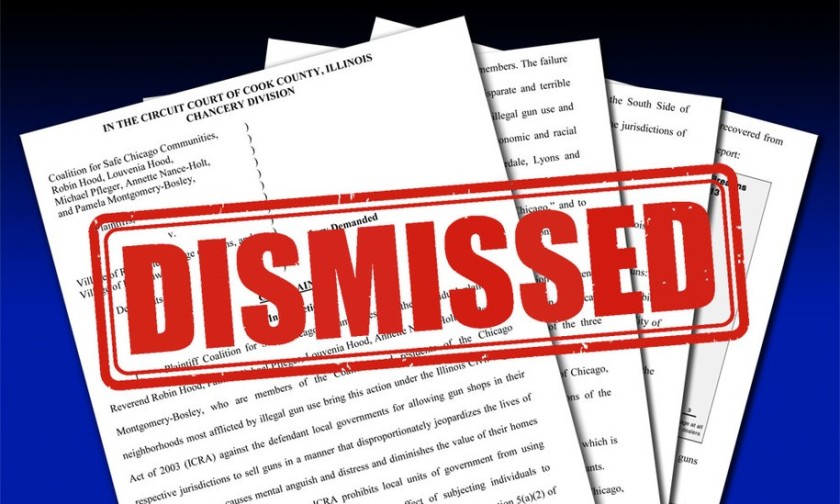
FLORIDA, Sept. 29 – The Supreme Court of Florida has ruled that Omega Insurance can be held liable for the payment of an insured’s attorneys’ fees following the wrongful denial of a sinkhole claim, and that bad faith is not a prerequisite to such an award.
In a 6-1 decision, the Florida high court reversed the Fifth District Court of Appeal’s ruling that homeowner Kathy Johnson was not entitled to recover attorneys’ fees in the absence of a finding of bad faith. The majority concluded that the mere wrongful denial of a valid claim was enough to award fees under a Florida attorneys’ fees statute.
Omega obtained a report from a geology firm attributing Johnson’s home damage to causes other than a sinkhole, and used that report as a basis to deny the claim. Johnson retained her own engineer which concluded that the damage was in fact caused by a sinkhole.
After Johnson filed suit, Omega agreed to undergo a neutral claim review process, after which it changed its decision and agree to pay Johnson’s claim.
Johnson thereafter sought and obtained interest and attorneys fees under a Florida attorneys’ fees statute at the trial court level . The District Court of Appeals reversed, holding that the relevant statutory provision, Section 627.428, required a finding of bad faith by the insurer to justify a fee award.
The Florida Supreme Court found that the Fifth District’s ruling was contrary to prior Supreme Court precedent holding that fees under 627.428 were awardable upon the finding of merely the wrongful denial of the claim, and not a specific finding of insurer bad faith.
Florida Justice R. Fred Lewis wrote for the majority:
“We cannot, as the court below held and Omega requests here, discourage insureds from seeking to correct the incorrect denials of valid claims and allow insurers to deny benefits to which insureds are entitled without ramifications. . . Here, the facts are undisputed that Johnson submitted a claim, Omega denied that claim, Johnson filed an action seeking recovery, and Omega subsequently conceded that it had incorrectly denied the benefits based on an inaccurate report. . . These facts alone warrant an award of attorneys’ fees to Johnson under Section 627.428. . . Once an insurer has incorrectly denied benefits and the policyholder files an action in dispute of that denial, the insurer cannot then abandon its position without repercussion. . . To allow the insurer to backtrack after the legal action has been filed without consequence would ‘essentially eliminate the insurer’s burden of investigating a claim.”
Editor’s Note: The majority did not address the danger it may have created in encouraging insurers to maintain denial positions for fear of being exposed to attorneys’ fees if they decided otherwise. Nor did the majority address the potential problem created by the ruling of discouraging insurers from keeping the claims process open to account for new information, allowing changes in claims decisions. In the long run, the ruling may prove to be more anti-insured that it appears at first blush, because it disincentivizes amicable resolution of claims following initiation of suit.





 MILWAUKEE, Aug. 5 — A federal judge in Wisconsin has dismissed a bad faith claim on the insurer’s motion for partial summary judgment, finding it had a reasonable basis to contest a claim for death benefits based on possible misrepresentations in the application.
MILWAUKEE, Aug. 5 — A federal judge in Wisconsin has dismissed a bad faith claim on the insurer’s motion for partial summary judgment, finding it had a reasonable basis to contest a claim for death benefits based on possible misrepresentations in the application.
